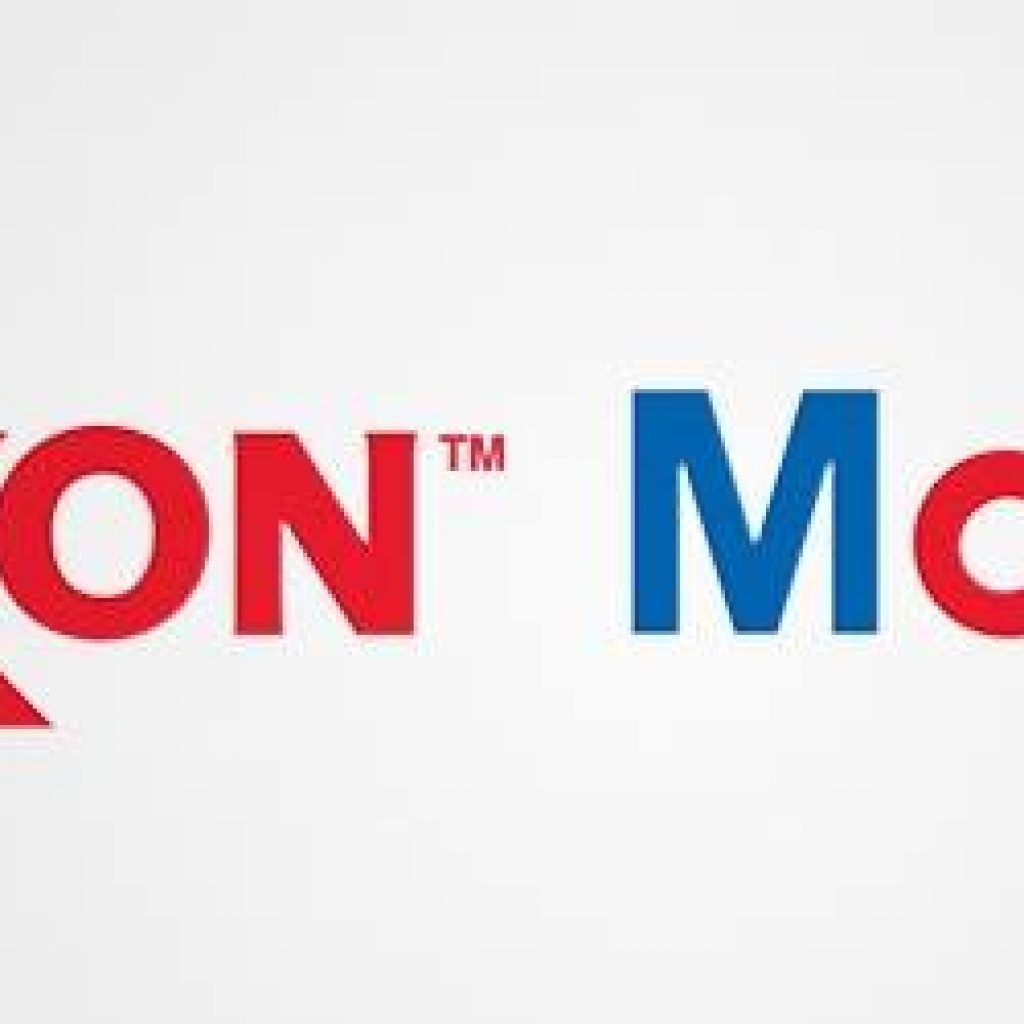(IBMNewsroom) Energy giant ExxonMobil and some of the world’s pre-eminent research laboratories including CERN, Argonne, Fermilab, and Lawrence Berkeley are joining the IBM Q Network, IBM announced today at the 2019 Consumer Electronics show (CES) in Las Vegas.
The IBM Q Network is the world’s first community of Fortune 500 companies, startups, academic institutions and research labs working with IBM to advance quantum computing and explore practical applications for business and science. For example, future applications for quantum computing may include untangling the complexity of molecular and chemical interactions leading to the discovery of new medicines, or finding and developing new materials for automotive application through quantum chemistry.
“The scale and complexity of many challenges we face in our business surpass the limits of today’s traditional computers,” said Vijay Swarup, vice president of research and development for ExxonMobil Research and Engineering Company. “Quantum computing can potentially provide us with capabilities to simulate nature and chemistry that we’ve never had before. As we continue our own research and development efforts toward advancing new energy technologies, our agreement with IBM will allow us to expand our knowledge base and potentially apply new solutions in computing to further advance those efforts.”
“As we continue to explore practical applications for quantum computing, it’s critical we partner with businesses and organizations from a variety of industries and disciplines,” said Bob Sutor, vice president, IBM Q Strategy and Ecosystem.
“These organizations will work directly with IBM scientists, engineers and consultants to explore quantum computing for specific industries. They will have cloud-based access to IBM Q systems, as they work to discover real-world problems that may be solved faster or more efficiently with a quantum computer versus a classical computer.”
ExxonMobil & World’s Leading Research Labs Collaborate with IBM to Accelerate Quantum Computing
